Personalised medicine: The future of healthcare
Last updated: 12.11.2019
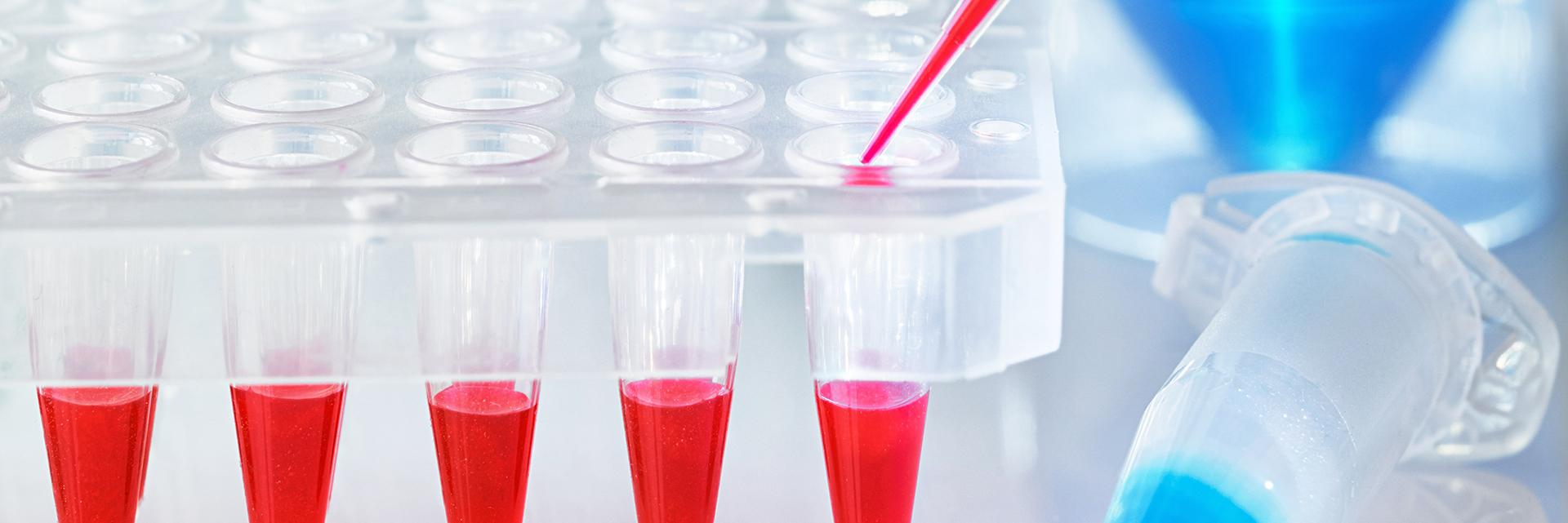
For a growing number of patients today, visits to the doctor revolve around individualised genomic data, such as DNA markers linked to specific diseases and the efficacy of certain drugs.
Based on this patient-specific DNA data, healthcare providers can make informed choices about prescribing medications that work better for patients with specific DNA profiles, while avoiding medications established as less effective or dangerous. Doctors can also leverage DNA data to schedule specific preventative screenings and initiate targeted, genetic therapies.
For almost two decades, inventions in this field have been recognised by the European Inventor Award. Meet the inventors behind these pioneering technologies.
The DNA chip
In the past, scientists were only able to study genes one at a time. Stephen P.A. Fodor and his team invented the DNA chip which allows researchers to study large quantities of DNA at once, cutting research time down by weeks, months or even years.

Fast efficient DNA sequencing
Pål Nyrén furthered genetic research and made it more efficient and affordable. His patented DNA sequencing method, known as Pyrosequencing, is one of the most common used today.
Workhorses of Molecular Biology
The building blocks for new, targeted therapies - namely DNA and RNA components - can be produced cost-efficiently and on an industrial scale thanks to the invention by Polish researcher Wojciech Stec.
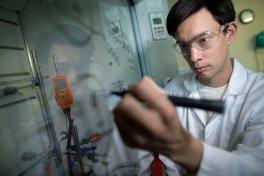
Re-engineering protein synthesis
Custom-made proteins synthesised according to the method developed by Jason Chin and Oliver Rackham are revolutionising therapeutics. It is can also be used to detect prostate, ovarian, and colon cancer.
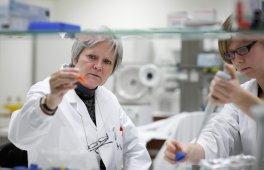
Understanding and combating Alzheimer's
The work of Christine Van Broeckhoven has provided insight into why Alzheimer's develops in some individuals, shaped R&D in the field, and has helped develop new treatments for neurodegenerative brain diseases.
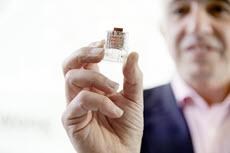
Microchip for quick DNA testing
Thanks to Christofer Toumazou's USB stick that decodes a patient's DNA within minutes, it is possible to identify genetic mutations that determine a person's predispositions to certain hereditary diseases.

Gene-silencing technique to treat diseases
Thomas Tuschl developed a method of "switching off" human genes. His gene silencing technique helps diagnose and treat a wide variety of conditions from haemophilia to high cholesterol.
New treatment, new hope
Patients with chronic myelogenous leukaemia (CML) were faced with painful treatments and no certainty of remission. This changed when Brian Druker and Jürg Zimmermann invented a treatment that zeroes in on a genetic abnormality found in 95% of patients with CML.
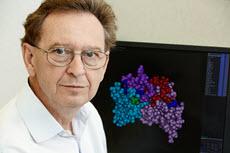
The future of drug development
Cary L. Queen and Harold Edwin Selick invented humanised antibodies that contain at least 90% human components. Resulting treatments cause fewer adverse immune reactions, making them more effective against cancer and other diseases.
A replacement for organ transplants?
Inventor Karlheinz Schmidt devised an alternative to transplanting donor organs, growing body parts by using living stem cells as engineering materials. His "tissue engineering" method opens the door to organ replacements based on the patient's individual DNA profile.
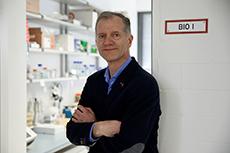
Screening proteins to expose early signs of illness
Matthias Mann pioneered a method to identify, count and label every single protein in a tissue sample or bodily fluid such as blood. This in-depth analysis can reveal tell-tale signs of medical conditions before patients fall ill.
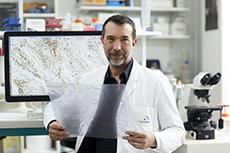
A clearer cancer test
The technique developed by Jérôme Galon makes it possible to predict the risk of relapse for cancer patients. His test has improved the accuracy of cancer prognosis and helped tailor therapies to individual patients.
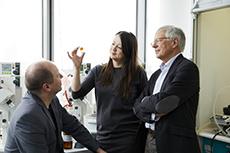
A new approach to treating cancers and genetic defects
A research team lead by Jacek Jemielity, Joanna Kowalska and Edward Darżynkiewicz paved the way for personalised therapies with their method for stabilising mRNA. Their inventions are already used in several vaccines and anti-cancer medications.
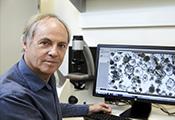
Lab-grown human organs
Geneticist Hans Clevers and his team grew "mini-organs" - including livers, lungs and intestines - from stem cells of individual patients. This breakthrough allows doctors to safely test specific drug effects on an organ outside the body.

Gene-based breast cancer test
The gene-based breast cancer test developed by Laura van ‘t Veer and her team determines the risk of cancer recurrence, identifying high-risk patients who require chemotherapy while sparing low-risk patients from the harsh side-effects of the treatment.